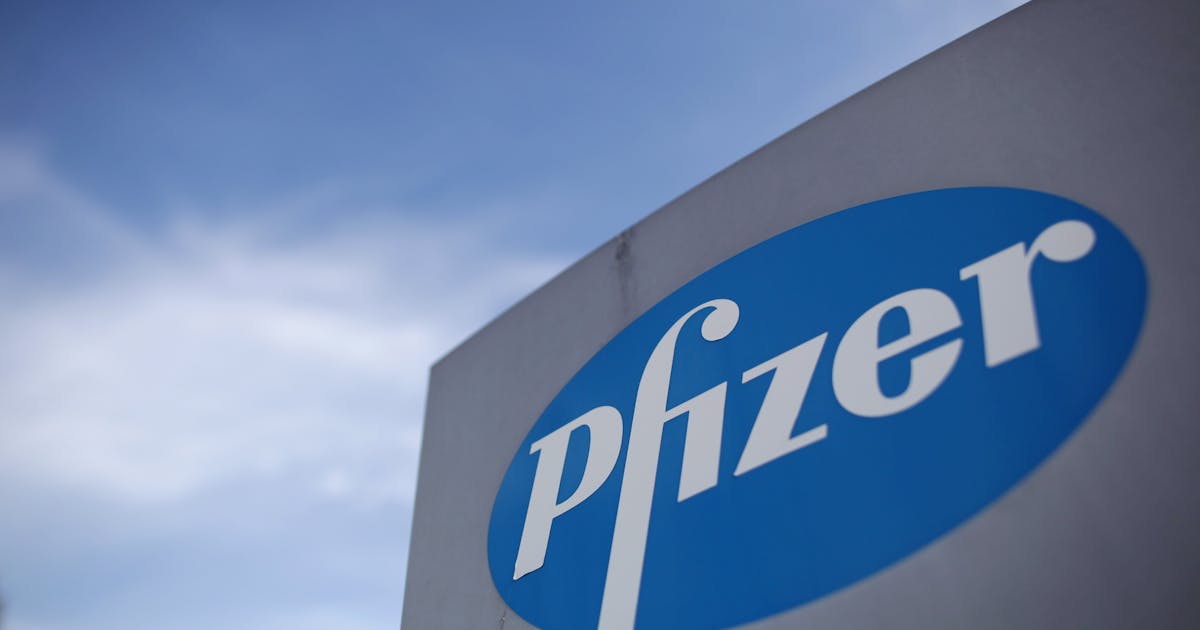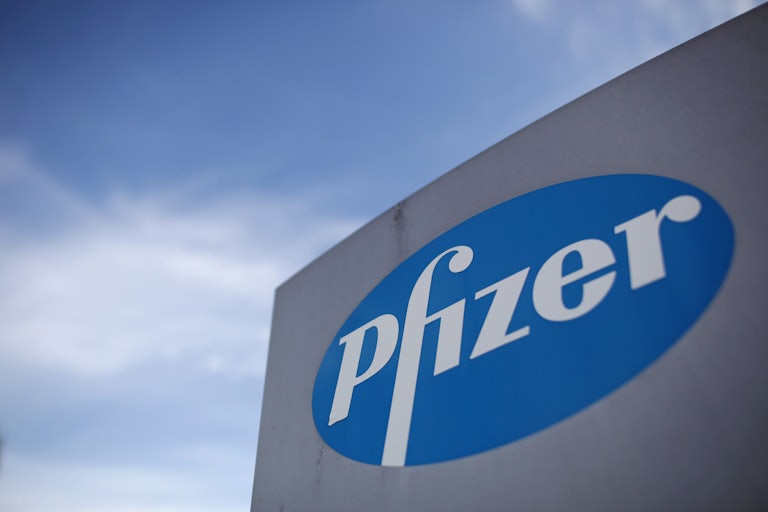President Biden’s reelection campaign said the president is cleaning up the economic disaster left behind by former President Trump, hailing the strong jobs report released Friday. Labor Department…

thehill.com
Biden campaign says jobs report shows he is ‘cleaning up the economic disaster’ Trump left
BY
ALEX GANGITANO - 12/08/23 9:31 AM ET
President Biden’s reelection campaign said the president is cleaning up the economic disaster left behind by former President Trump, hailing the strong jobs report released Friday.
Labor Department data showed the U.S. economy added 199,000 jobs in November, and the unemployment rate fell to 3.7 percent, which was above economists’ expectations.
“Joe Biden has now created more jobs in less than three years than any president created in four, cleaning up the economic disaster [Trump] left behind,” Biden-Harris 2024 spokesperson Seth Schuster said in a statement.
“There’s more work to be done, but his record shows Americans can’t trust Trump to do it. Instead of standing up to corporate greed to lower costs and raise wages for working people, Trump would double down on the same failed policies that gave massive tax cuts to the rich and big corporations, while creating incentives to ship American jobs overseas,” he added.
The campaign also claimed Trump, who is leading the GOP field for the presidential nomination, put the economy “in ruin” as president.
Biden often points to low unemployment as a clear indicator the economy is improving. While polling has shown Americans largely feel the price of goods is too high, the president has consistently argued his economic plan, dubbed “Bidenomics,” is working.
Last year, there were widespread predictions the U.S. economy would tip into a recession, but it has remained surprisingly resilient. But Republicans are quick to hit Biden on the economy, arguing Americans are worse off since he took office.
The White House, meanwhile, is bracing for more economic news next week when the Federal Reserve will hold its final meeting of the year. The central bank is widely expected to hold interest rates steady at a range of 5.25 percent to 5.5 percent after keeping rates flat at its past two meetings.









